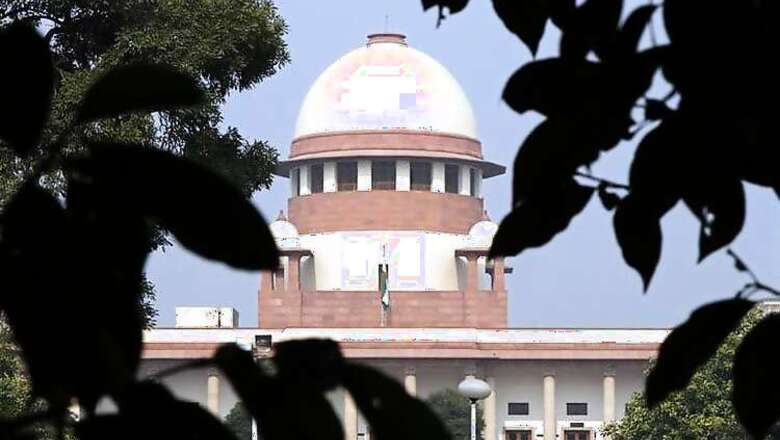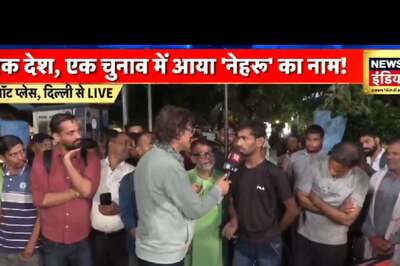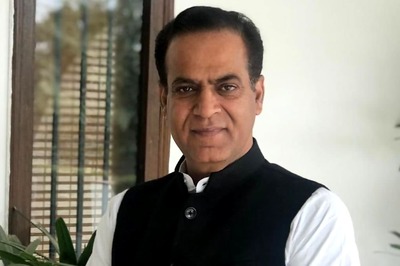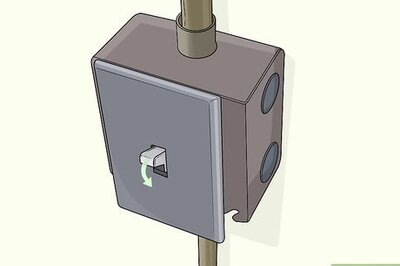
views
New Delhi: The Supreme Court on Thursday sought the government's response on a plea filed by a media professionals' organisation challenging the constitutional validity of certain provisions including penal laws on defamation.
"Issue notice. A copy of this petition be served on the office of the Attorney General of India in course of the day. Let the matter be listed along with Writ Petition on July 14," a bench comprising Justices Dipak Misra and Prafulla C Pant said.
The court is already hearing similar pleas of political leaders like Rahul Gandhi, Subramanian Swamy and Arvind Kejriwal. They have challenged the validity of sections 499 and 500 (defamation) of the IPC on the ground that these provisions violate freedom of speech and expressions.
The plea, which came up for hearing on Thursday, has been filed by the Foundation For Media Professionals through its Director Manoj Mitta.
Besides the penal laws on defamation, the foundation has also sought quashing of sections 199(1) and 199(2) of the Code of Criminal Procedure (CrPC) which deal with the procedures of prosecution in criminal defamation cases.
"It is urged by him (counsel for the petitioner) that a situation has arisen where everyone is asserting himself to be the person aggrieved and clothing himself with the locus standi to launch prosecution under Sections 499 and 500 (defamation) of the IPC. It is urged by him that Section 199 (1) is also unreasonable unless it is read down," the court said.
Senior advocate Anup J Bhambani, appearing for the organisation, said any person could come to court and file a criminal defamation case claiming that he has been hurt or defamed.
"The territorial applicability of Section 179 of CrPC may be limited to proper location where journalistic publication is made (as per the declaration made by the newspaper under the provisions of the Press and Registration of Books Act) as opposed to where it is circulated or read/viewed; and in the case of broadcasts and on-line publications (which do not fall within the purview of the PRB Act), territorial jurisdiction should vest in the place where the registered office of the broadcaster/on-line publication is situated," it said.



















Comments
0 comment